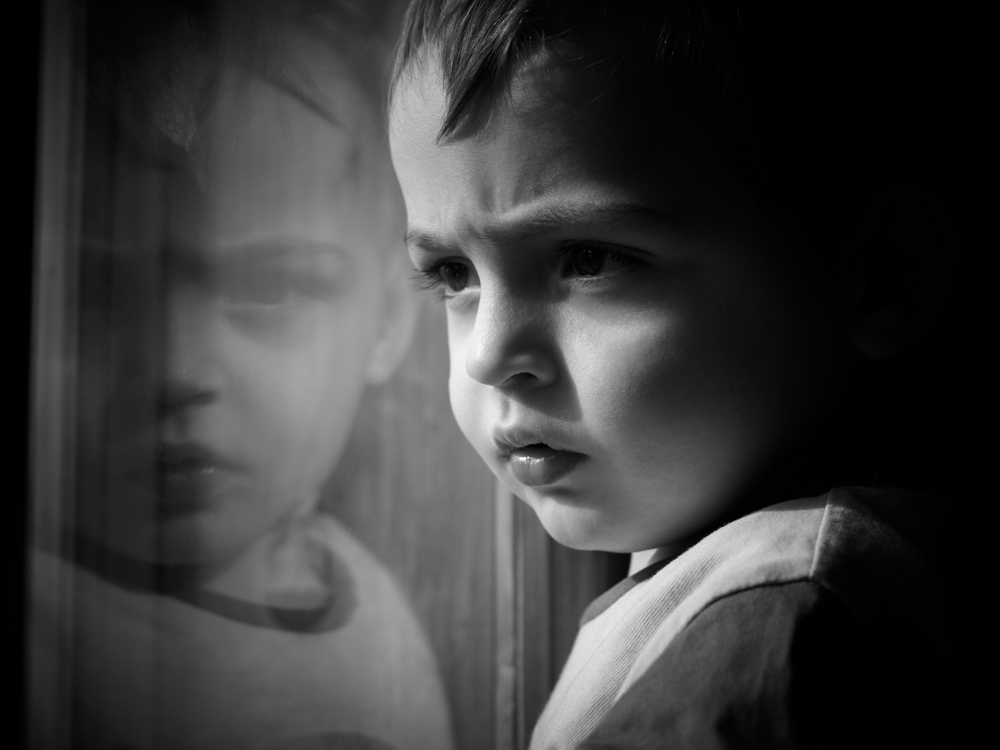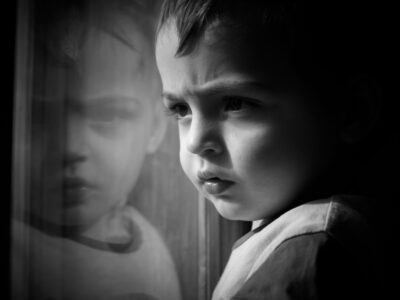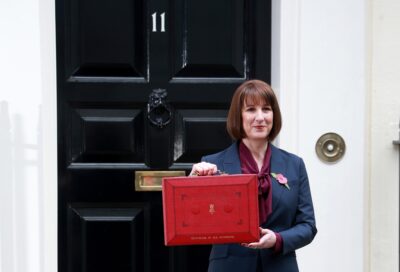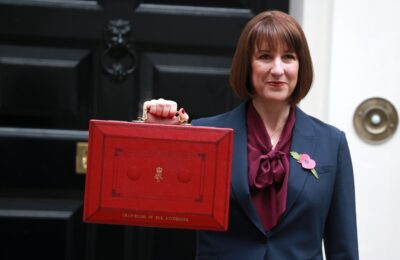In a day of high dudgeon, if not high treason, featuring a chaotic pre-Autumn Budget leak and red faces from the Treasury front-bench team, iGaming came under blistering attack from its opponents – and the imposition of a massive 19 percent hike in Remote Gaming Duty.
“Remote gaming is associated with the highest levels of harm, and so I am increasing Remote Gaming Duty from 21 percent to 40 percent, with duty on online betting increasing from 15 percent to 25 percent,” the under-fire Chancellor of the Exchequer, the Right Honourable Rachel Reeves, told a packed House of Commons.
While gambling tax increases were anticipated–and indeed had already been sign-posted by a coalition of left-wing groupings, headed by a former Labour prime minister, Lord Gordon Brown–, it was not immediately apparent if the chancellor’s ire had been particularly stoked by yet another government cock-up, the accidental, or perhaps deliberate, leaking of the Budget – some two hours before it was due to be formally unveiled in the traditional address to Parliament.
Fiscal Fandango
Whatever the cause of the leak–and it is being forensically investigated as we speak–, the chaotic Budget roll-out was entirely in keeping with other recent reveals, unofficial briefing which had already seen the entire fiscal fandango dismissed as the hokey-pokey.

Yet it was no laughing matter for the UK’s iGaming industry.
It’s now been hit with additional taxes that are designed to raise over £1 billion-a-year by 2031.
In better news for the retail end of British gambling, the current 10 percent tax on bingo will be abolished and there will be no new taxes on in-person wagers and betting on horse racing, as once feared.
Retail casino gaming duty bands have also been frozen until 2026-27.
Gambling opponents, among them the Institute for Public Policy Research (IPPR), welcomed the tax increase.
Child Poverty
“Increasing taxes on gambling companies to help fund the abolition of the two-child limit is the right thing to do,” IPPR Director of Research and Policy Prof. Ashwin Kumar told iGamingFuture, within minutes of the Budget declaration.
Last month the IPPR called for the end of the two-child social welfare benefit cap, and–backed by Lord Brown and some 100 Labour Party backbench MPs–argued that raising gambling taxes would be a good way to underwrite the reform.
“The gambling industry is highly profitable yet it remains exempt from VAT and gambling duties don’t reflect the significant harm it causes many people,” Kumar contested.
“Ending these privileges to help lift half-a-million children out of poverty is a no-brainer.
“The gambling lobby will inevitably push back, making familiar and unfounded claims about job losses or driving people to the black market.
“That is hardly surprising – turkeys rarely vote for Christmas.
“[Our] independent analysis shows the industry can, and will, easily withstand a modest increase in its tax contribution while continuing to operate profitably,” he asserted.
Braggadocio
But the gambling industry’s representative Betting and Gaming Council (BGC) slammed Prof. Kumar’s braggadocio.
“Massive tax increases for online betting and gaming announced in the Budget make them among the highest in the world, and are a devastating hammer blow to tens of thousands of people working in the industry across the UK, and millions of customers who enjoy a bet,” countered BGC CEO Grainne Hurst.

“Regulated betting and gaming is one of the UK’s few globally successful sectors, generating £6.8 billion for the economy, contributing over £4 billion in tax and supporting 109,000 jobs, while delivering vital funding for British sport.
“While we welcome the decision not to raise land-based duties and to scrap bingo duty – these excessive online tax increases will undermine jobs, investment and growth across the UK.
“The Government’s Budget is a massive win for the incredibly harmful, unsafe, unregulated gambling black market, which pays no tax and offers none of the protections that exist in the regulated sector.
“These decisions are bad for jobs, bad for customers, bad for sports — and bad for safer gambling.”
Tackling Bad Market
In more positive news for the national betting industry, Chancellor Reeves also announced that £26 million has been set aside to tackle the illicit bad market, a move supported by the regulatory UK Gambling Commission (UKGC).
And she confirmed there were to be no changes in National Insurance contributions, VAT or the basic rate of income tax.
“We welcome the commitment in the Budget to support our efforts to tackle illegal gambling,” said a UKGC spokesperson.
“The investment of £26 million over the next three years will allow the Commission to build on and strengthen the work that we have already undertaken to disrupt illegal operators to protect consumers and the legitimate licensed industry.”
And–perhaps paradoxically for anti-gambling activists–another powerful argument has been added to the pro-iGaming cause:
Helping to take 500,000 poor children out of poverty.
Who could ask for a better Christmas present.
Turkeys excepted of course.




